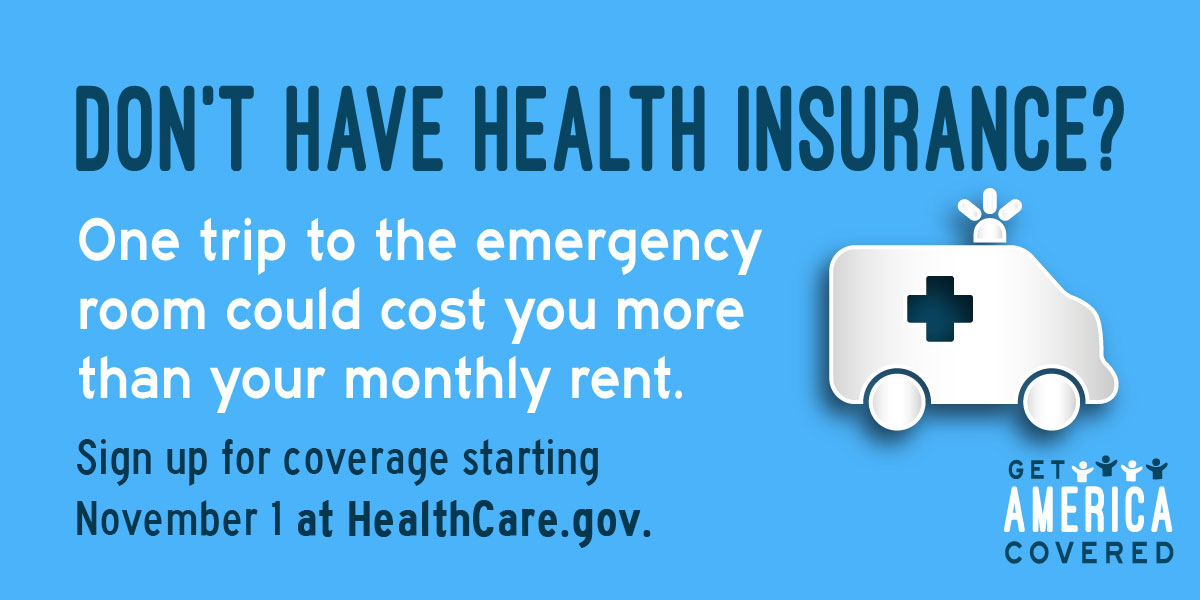Last Updated on February 3, 2020
In a previous blog post, we explored the proposed Affordable Care Act (ACA; aka Obamacare) repeal/new healthcare law called the American Health Care Act (AHCA). Congress decided the bill would not be voted on shortly thereafter due to lack of support, but it has since been modified and passed by the U.S. House of Representatives. The passing of the House bill was celebrated by the Trump administration before the Congressional Budget Office (CBO) could analyze how the bill would affect the federal deficit and the healthcare costs for Americans. Last week the CBO released their report on the amended AHCA.
According to supporters of the bill, the AHCA’s aim is to lower premiums and the deficit. The CBO report finds that the deficit will decrease by $119 billion by 2026 (as opposed to the $337 billion decrease from the previous version of the AHCA rejected in March) but would increase the number of uninsured people by 23 million in the same time period. It also found that insurance premiums would rise an average of 25% by 2019 before normalizing by 2020. Depending on what part of the country and the number of changes implemented in different states, premiums would be anywhere from 4% to 20% lower by 2026. The CBO acknowledges that the highest reduction in premiums would go to the healthiest and youngest Americans, while older people with pre-existing conditions could see a rise in premiums.
There is a high degree of uncertainty based on states being able to obtain waivers exempting them from ACA’s Essential Health Benefits—minimum standards of care, including mental health and other services that Obamacare required insurance plans to cover. Another waiver would allow insurers to charge people with pre-existing conditions more. Based on CBO projections, states that receive both waivers would have prohibitively high insurance premiums for less healthy people, including those with pre-existing conditions. Waiving essential health benefits would lead to an increase in individuals’ out-of-pocket costs by thousands of dollars despite eventually lower insurance premiums. The CBO estimates one-sixth of Americans live in states that will seek both waivers, a half won’t be affected by either waivers, and the remainder of states will implement “moderate” changes. The new healthcare bill also aims to remove the ACA’s ban on annual and lifetime limits on covered benefits, further affecting out-of-pocket costs especially for Americans with pre-existing conditions. The bill is currently set to be debated in the U.S. Senate.
There will be further developments in the American Health Care Act and any repeal or changes to the Affordable Care Act, and we at NeedyMeds will try to keep up-to-date on the details. We at NeedyMeds prefer to remain apolitical—we work in a diverse office with people of varying backgrounds and views—but we believe in being informed and that those in need deserve care. It should be clear that NeedyMeds supports improved access to care as well as lower costs for medications and healthcare services for all.
We at NeedyMeds will continue to provide information as the need for assistance navigating the often expensive landscape of health care rises. The NeedyMeds website has databases of Patient Assistance Programs (PAPs), Diagnosis-Based Assistance (DBAs), and Free/Low-cost/Sliding-scale Clinics to help those in need. The NeedyMeds Drug Discount Card can save users up to 80% off the cash price of prescription medications for those without insurance or choose to use the card instead of insurance. In addition to the plastic card, the card is available in a printable form or a smartphone app for Apple and Android devices. For more help finding information, call our toll-free helpline Monday-Friday 9am-5pm Eastern Time at 1-800-503-6897.




